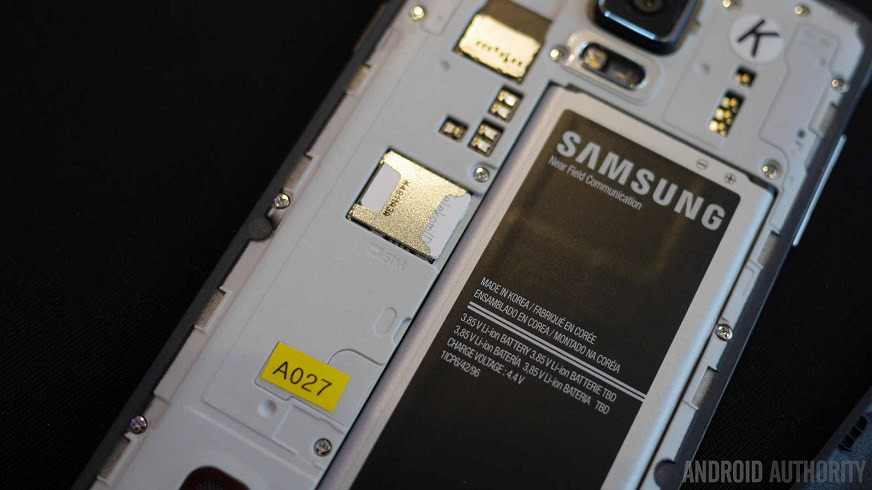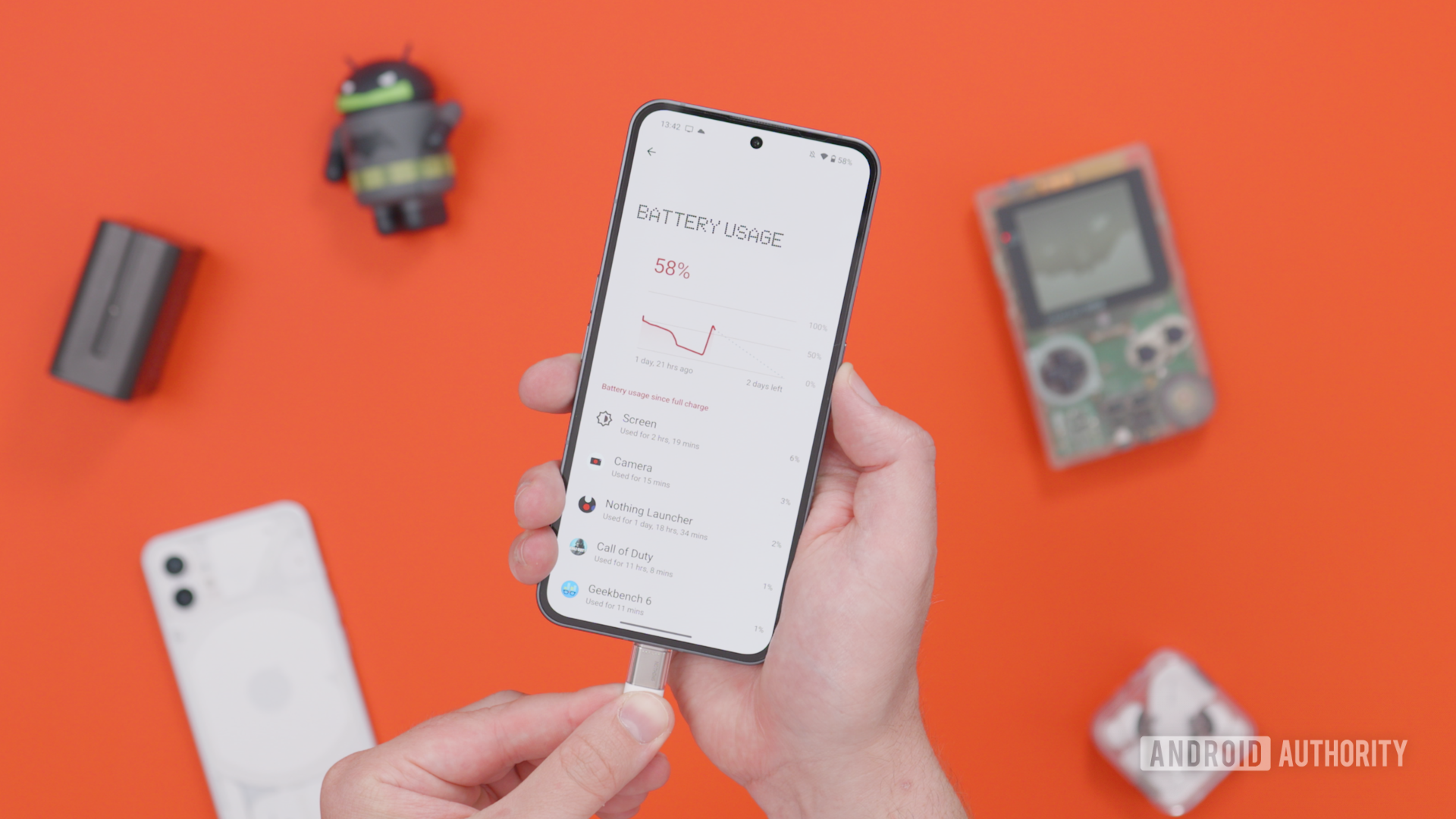Affiliate links on Android Authority may earn us a commission. Learn more.
New method could quadruple smartphone battery capacity, but people will still complain
July 13, 2018

- A Norwegian team of nanoscientists has devised a method of creating hybrid silicon batteries.
- The team claims that its batteries could be three-to-five times as powerful as current lithium-ion batteries.
- Industrial testing of the hybrid silicon batteries will begin soon.
If there’s one thing we know about the desires of smartphone buyers the world over, it’s that we always want more battery power. No matter how high of a capacity batteries have, it seems like they could always have more.
To be fair, battery capacity is definitely increasing; just not at a fast enough rate. But that could change soon because of a team of Norwegian nanoscientists who successfully devised a method that could potentially increase smartphone battery capacity by a factor of five, via Business Insider.
The secret? Silicon.

Those of you who are knowledgeable about how batteries work will probably scoff and say that we already know that silicon will make better batteries than the graphite-based batteries we enjoy today. The problem with silicon though is that it tends to expand by as much as 400 percent as it functions within the battery’s construction. This swelling of the material makes the battery degrade much faster than graphite-based cells.
The Norwegian team, however, has figured out a new way to create an ideal combo of graphite and silicon that will make batteries last much longer without high-speed degradation. This would not only help smartphone batteries have a higher potential capacity, but also electric vehicle batteries, laptop batteries, and any other product that has a rechargeable power source.
A company called Kjeller Innovation is already hard at work to commercialize the technology, calling the project Silicon X. It is already in talks with various partners to begin testing the hybrid silicon batteries in industrial processes.
However, Kjeller Innovation is not the only company trying to optimize lithium-ion batteries. While this is the first time we’ve heard of a successful implementation of significant amounts of silicon in batteries, it may be some other form of design that ends up powering our future electronics. But one thing is for sure: whichever company does dramatically increase battery capacity and successfully commercializes the technology is sure to pull in billions.